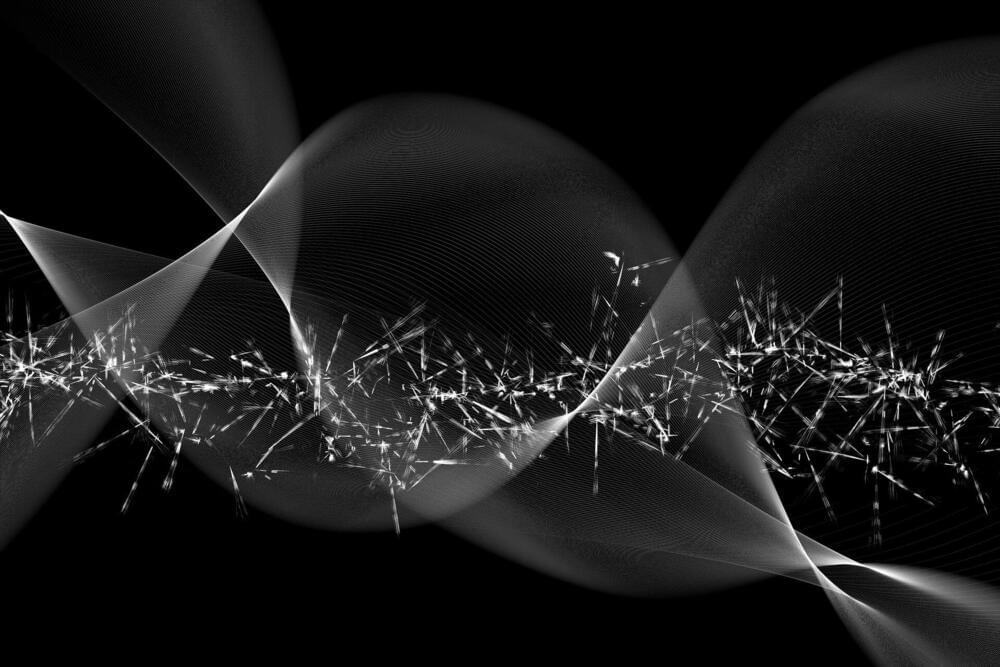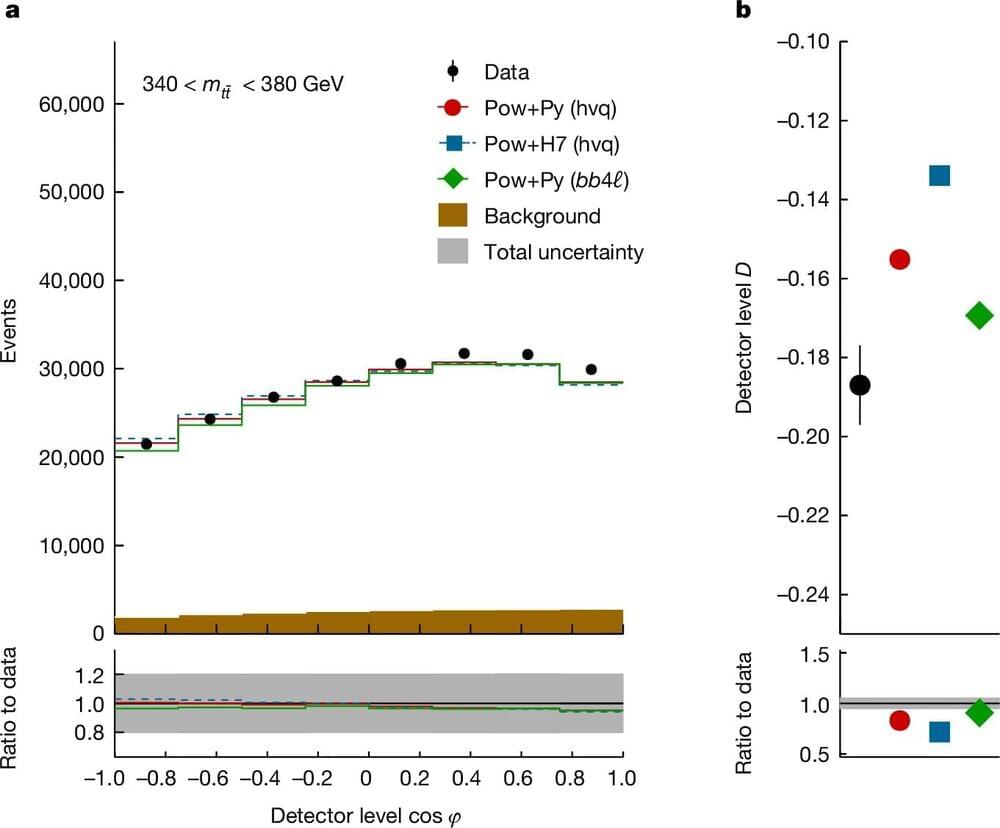The Dark Matter is built with incredibly complex technology. “Raxial Thrust” is a new term coined to describe the way the Dark Matter engine works. “Raxial” is a portmanteau of “radial” and “axial”. Typically, electric motors use one or the other. Radial motors have the magnetic coils of the electric motor perpendicular to the axis of its rotation. Axial motors are built with flux parallel to the rotation. Both have advantages and disadvantages.
Radial are typically easier to build and maintain, but axial are smaller and can create more power by weight and volume. Koenigsegg has figured out a way to do both in one motor. Since they do not have to show us the inside of their Dark Matter, we don’t exactly understand how they’ve done this, but clearly, it is effective in generating power and torque. Despite this, the motor does not actually revolve at a very high rate. The website shows a max RPM of 8,500.
Koenigsegg makes use of its own battery packs. It doesn’t build the cells from the ground up, but it creates the system that actually delivers the power to the car. For the Gemera, it has created batteries that have dielectric oil (an insulator that will prevent unwanted electrical reactions) funneled directly into them as a cooling system. Most batteries on EVs now use airflow systems directly attached to the battery to cool them, but Koenigsegg has gone for a liquid approach instead. If it’s effective, it may become a more widespread approach to battery cooling technology.









